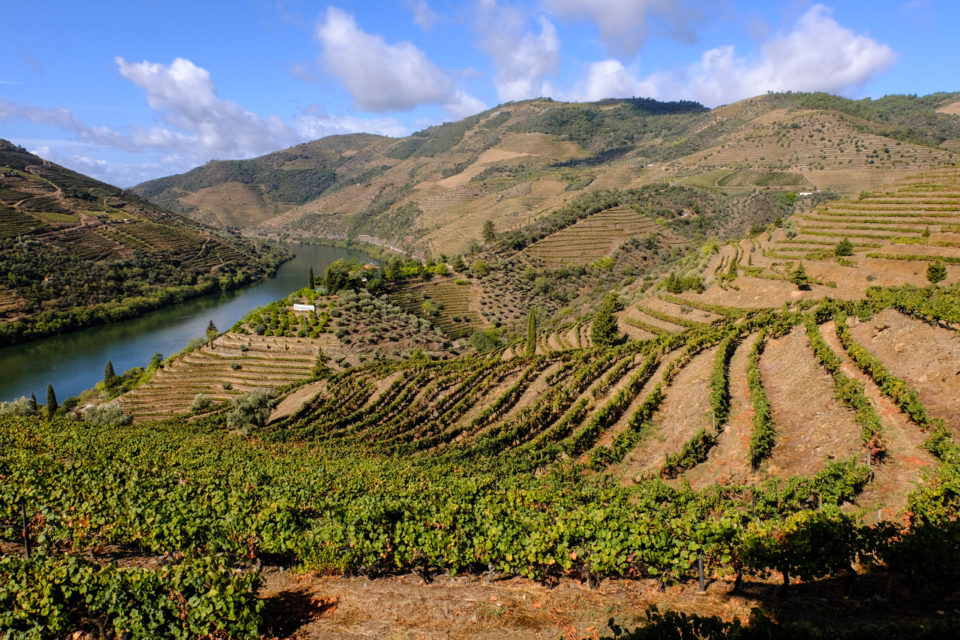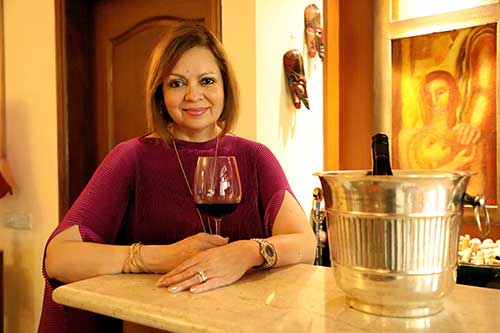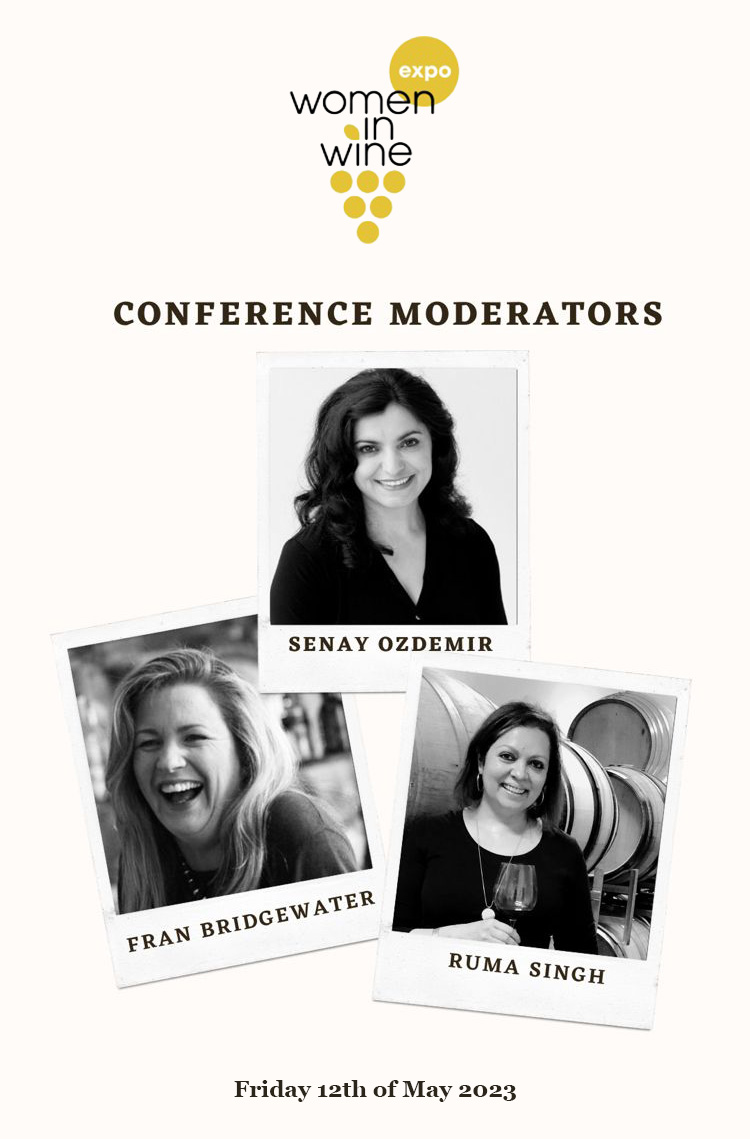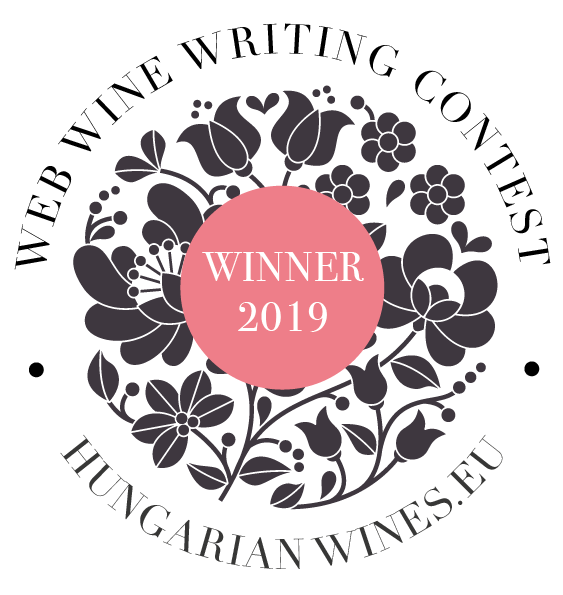Two of the biggest names in Portugal and German wine industries dissect their recent growth and address concerns about climate change
‘Riesling and beyond’
Dr Ernst Loosen, producer and winemaker
Weingut Dr Loosen, Mosel, Germany
What is your opinion of the German wine market as you perceive it in the post-Covid lockdown era (from 2022)?
In terms of exports, I am happy with the development of German wine. Companies like ours offer wines at many price points so that consumers can dabble in German wines without making a huge commitment. It is then even more important that the entry-level maintains high standards, so there is a positive reaction to the wine which generates more interest in other offerings from our portfolio. We don’t just offer Riesling either, so as our other varieties find their way onto a wine list or a retail shelf, if the quality is convincing, we can stay. As younger consumers enter the market they do perceive a stigma about German wines, so we have a more even playing field with them.
In the German market, the German wines especially Riesling, Pinot Gris and Pinot Blanc as Pinot Noir and red blends from diverse red varietals are doing extremely well, and we still see growth in the German market, especially for the white Pinot varietals!
What about the growth of the Riesling fine wine market, especially in Germany versus other Riesling growing regions?
Many in the press and the trade have been convinced about Riesling for years, but due to the (earlier) stigma of being sweet and mass-marketed, it has been a struggle to convince the general population of Riesling’s amazing versatility, quality, balance, ability to show terroir…and the list goes on. As the climate has warmed up, Germany has gained the ability to produce even more world-class wines in the dry style.
We see that even some of the best sweet wines in the world from Germany or France are not appreciated. This is unfortunate, but fortunately for us, collectors are starting to appreciate dry Rieslings, I think some of the reasons for this are their quality the price, and ageability combined with disappointment from expensive non-Rieslings in their collection that have prematurely oxidised. I have experience with this myself. In terms of Riesling from other countries, I have had great success with my friend Peter Barry with an Australian project called Wolta Wolta, which is one of the most expensive Rieslings in Australia. As these drier styles evolve and gain acceptance, I am confident that great producers will get noticed.

‘German Rieslings saw a phenomenal renaissance in Germany in the last 20 years, especially due to the introduction of the dry GG’s (Grosses Gewächs)’
German dry Rieslings saw a phenomenal renaissance in Germany in the last 20 years, especially due to the introduction of the dry GG’s (Grosses Gewächs, similar to Grand Cru classification in Burgundy ) from the VDP association.
What about the improvements in Pinot Noir (Spätburgunder) in Germany today. Has climate change had a role to play in its success?
Until seven or eight years ago, Germany was historically known as the second-largest Pinot Noir producer in the world and now has the third most planted area for Pinot Noir in the world. With nearly a thousand years of Pinot varietals planted in Germany, we have a lot of experience with this variety. Sure, I think a bit more consistency in terms of ripeness on average has helped the quality, but I think some of Spätburgunder’s emergence has to do with top Pinot Noir being quite expensive and rare, so Germany has had a chance to show what it can do to fill the void. I also think what you can get from Germany on the higher end can sometimes be the price you pay for another country’s mid-tier, so savvy buyers can be greatly rewarded.
Germany’s top producers have always been at the forefront of technical innovation. In view of the growing interest in sustainability among consumers, what are your views on the way German producers have approached it?
In Germany, agriculture is regulated and monitored far more strictly than in most other countries, so German winegrowers start with a very high standard for sustainability in the vineyards. Quality-focused estates like ours have also developed their own practices to ensure the health and vitality of their soils and vines, beyond what is required by government regulations. True sustainability, however, also extends into the winery, where issues such as water use, energy efficiency, solid waste reduction, reduction of carbon footprint, and worker health and safety must be considered. Since 2013, we have been certified by the Eco-Step program, which is recognized by the German government as a comprehensive sustainability standard.
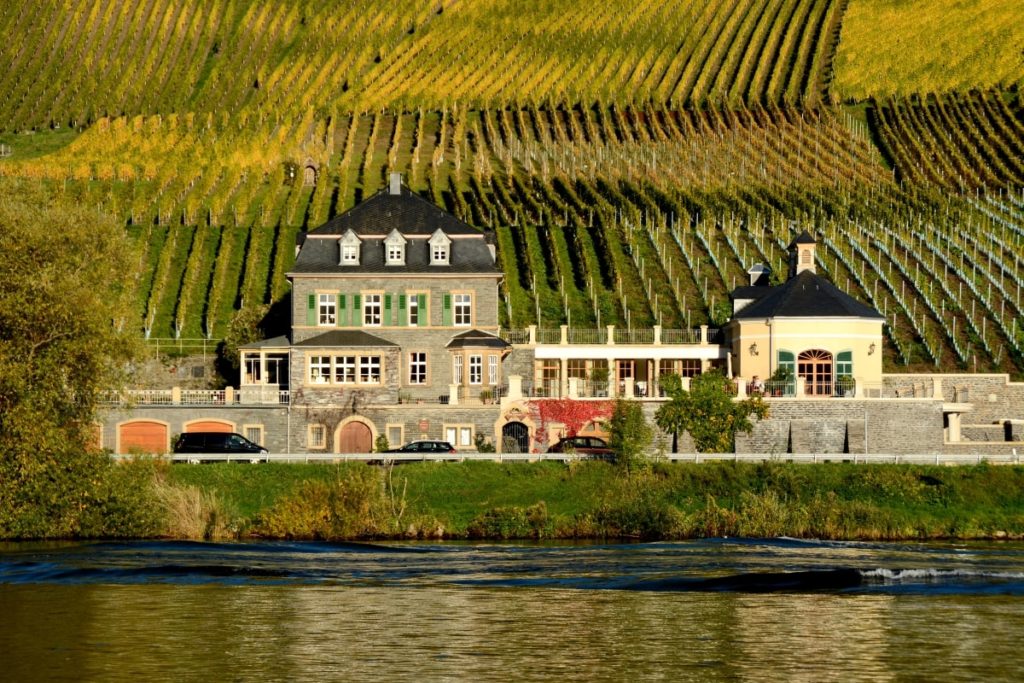
‘Protect our natural ecosystems’
Rob Symington
Marketing director, Symington Family Estates, Portugal
Portugal is gaining recognition as a destination for fine wine production and diversity of grapes and styles. Would you agree?
The Douro Valley in northern Portugal is home to over half of the world’s steep terraced vineyards. The soil is made up of dry schist rock, which the indigenous grape varieties have adapted to, by forcing their roots through the rock to reach the groundwater below in order to survive the dry summers and freezing winters. These hardy native vines, such as Touriga Nacional and Touriga Franca, generally produce small bunches and berries, delivering wines of superb concentration, intensity, and structure. The Douro has a multiplicity of micro-terroirs due to its great variation in altitude and aspect across the three sub-regions. As a result, the wines from the Douro Valley are truly unique – often powerful and concentrated but elegant and balanced by good acidity – and stand out from wines produced using international grape varieties.
We still maintain the centuries-old winemaking method of treading the grapes by foot in granite tanks at one of our wineries – Quinta do Vesuvio. And we run the last working cooperage in the port trade, with a skilled team of craftsmen maintaining and repairing our large collection of casks and barrels. Although it’s incredibly important to preserve these ancient crafts, we are constantly looking to innovate and improve in areas of viticulture and oenology.

‘We are having to adapt to new conditions which make it increasingly challenging to produce wine in the Douro’
What are your views on the fortified wine international market as it is today? How has Covid affected this market?
With pubs, bars & restaurants closed for much of the last two years and people confined to their homes, it has been devastating for our on-trade customers. We have been fortunate, however, that demand for Port soared in the rest of the wine trade. Port has long had a strong association with moments of comfort and time spent with family. In the last two years, there have been more of these opportunities for people to treat themselves with a glass of Port or open a bottle of something special that they have been keeping. As a result, we have seen the growth of Port sales in the off-trade – particularly our premium Ports such as Reserve Ruby and Aged Tawnies. In particular, Portugal, the UK, and the US have seen impressive growth.
How has climate change affected the Douro Valley?
One of the biggest challenges we face is adapting to climate change. With erratic rainfall, more intense summer heatwaves, and soil erosion, we are having to adapt to new conditions which make it increasingly challenging to produce wine in the Douro. Our approach has been to protect our natural ecosystems while conducting viticultural studies to better adapt to the changing climate.
Although the scale of this challenge is far beyond the reach of a single company, we have a responsibility to respond decisively within our area of activity. We believe that any credible climate action plan must include measuring end-to-end carbon emissions and committing to science-based emissions reduction targets. As one of the first members of International Wineries for Climate Action (IWCA), we are at the forefront of efforts to decarbonise the wine sector and are proud to be part of the UN’s Race-to-Zero campaign.

